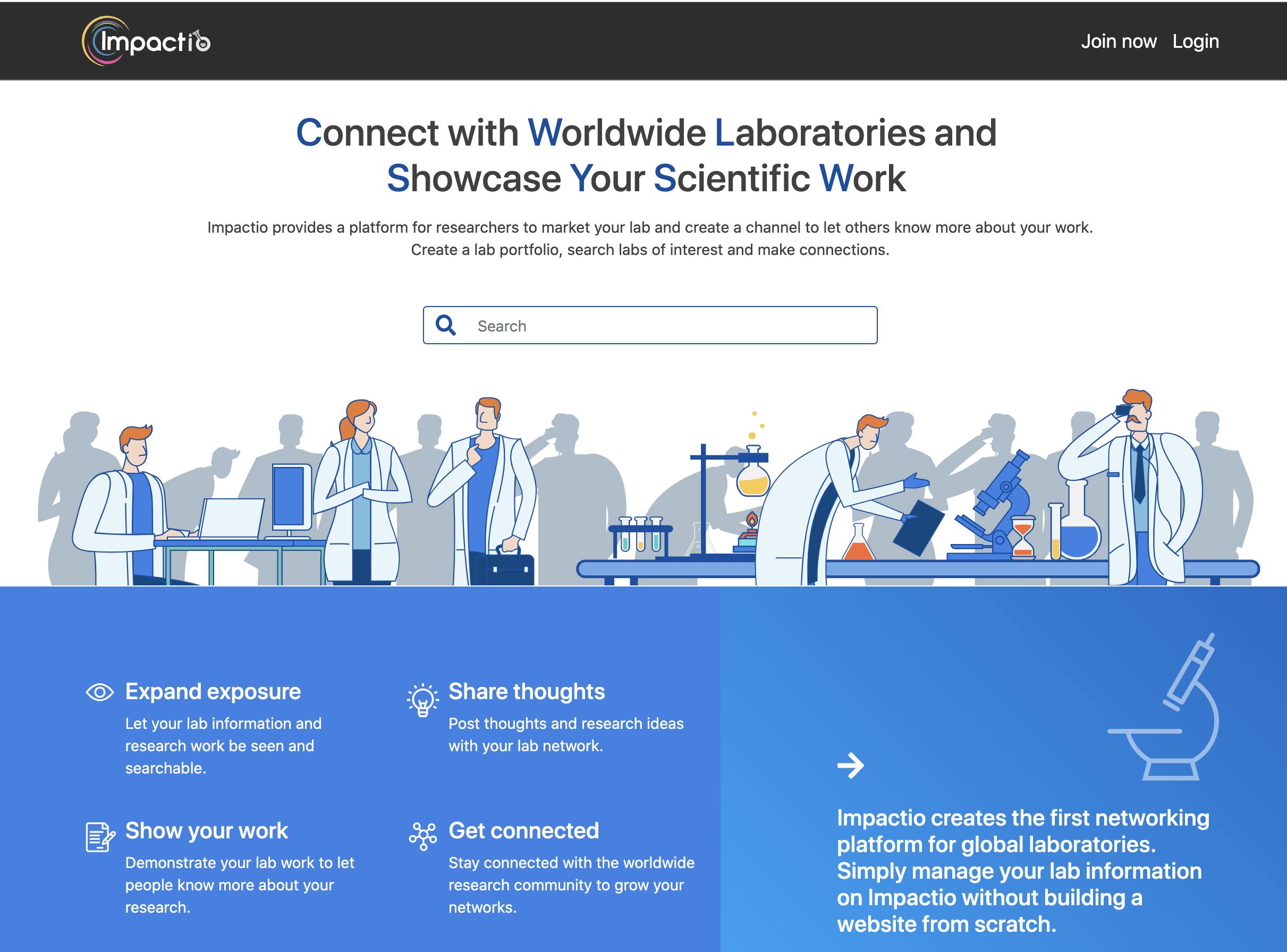Applying for a new job is really all about the angle you take with prospective organization. Using the hiring criteria, the responsibilities, and competencies sections of online job applications is a meticulous process. Recruiters look for the candidates who check most of the boxes, but they also look candidates who bring that extra charm, or charisma, or other piece of information or personality trait that puts them ahead of the pack.
However, online job sites like Idealist, Indeed, and even now LinkedIn with its somewhat new “Jobs” tab can recommend or filter jobs that don’t really apply to each and every candidate, and for some, might seem off the mark and outside of one’s career path. This presents a problem with job searching writ large, and possibly something that Impactio might be able to better in the coming months and years with the types of services and guidance it provides to young professionals in both research intensive and academia-led careers.
John Hermann, a staff writer for the New York Times, mentioned that one problem with hiring and staffing in recent years, with the birth of all these online job sites, is that the online content might obfuscate the real capacities of the vacancy. In other words, applicants try to simply “look good” in office culture, which has transcended to the online realm.
An Experiential Design
That’s why Impactio offers something different. The experiential nature of the site, and the ability for researchers and academicians to join a network is a process that gives potential researchers a chance to engage with laboratories globally, and instead of focusing on simply looking good for the organization—researchers can more aptly focus on the design and experimentation of the group.
Job sites might broadly cover what a laboratory or research group is doing, which can lead candidates to simply “guess” in their cover letters why the position will apply to them, but with Impactio’s interface and ability to bridge the gap between higher up and researcher, young people who are just getting their career started can really take advantage of this professional network and invest in the research instead of simply trying to “look good” for another position on another job site.
A new methodology
This process of joining an online laboratory fundamentally differs from the route of volunteering with an organization and then using that volunteer experience to discuss the experience. Oftentimes, volunteership vaguely relates to the actual interests of a young professional and exploits their human capital to simply serve the interests of the umbrella organization.
Individuals who have volunteered know this— especially those who have done so in the humanitarian and non-profit sector, fields that often require volunteers to make huge sacrifices, from health safety to vulnerabilities in fragile states, simply to have the experience they need on their resume. Here are some of the benefits of seeking to join an online laboratory on Impactio versus going all in with a volunteership opportunity:
- Being able to “ease” into the laboratory setting and understand the nature of the projects before potentially travelling to a project site under-exposed
- For those interested in strictly social science or hard science research, joining an Impactio lab might be best
- Avoiding hidden costs associated with volunteer opportunities
This is of course not to say that all volunteer opportunities are negative and that they are outweighed by a more recent phenomenon of online remote work, but it is to say that in general services like Impactio can really work for young professionals, and, likewise, for the developers who work on the service and bring it to scale.
Avoiding Jargon
Traditional job sites like Indeed or Idealist also use lots of application “jargon”, which applicants should definitely be aware of. When applicants grow complacent with terms that are strategically keyworded into searches, it can actually create a gap between what the applicants' true skills are and what the job is calling for. This should be avoided at all costs, especially in today’s job market where unemployment is on the rise, and having a sustainable career has become anything but easy for the millennial generation.
Joining an Impactio lab, however, can give young academicians less obscurity when it comes to projects, and overall be an efficient use of time in the new skills economy. In a recent search on Indeed, simply for the purpose of understanding better how this service works, I found that almost 90% of jobs in technical fields like engineering, neuroscience, and non-profit management called for at least 2+ years of research experience, although job postings were more than likely ambiguous as to what type of research they were calling. This is why it is up to the current generation to use services like Impactio to set the bar for how they do research and what that research entails.
